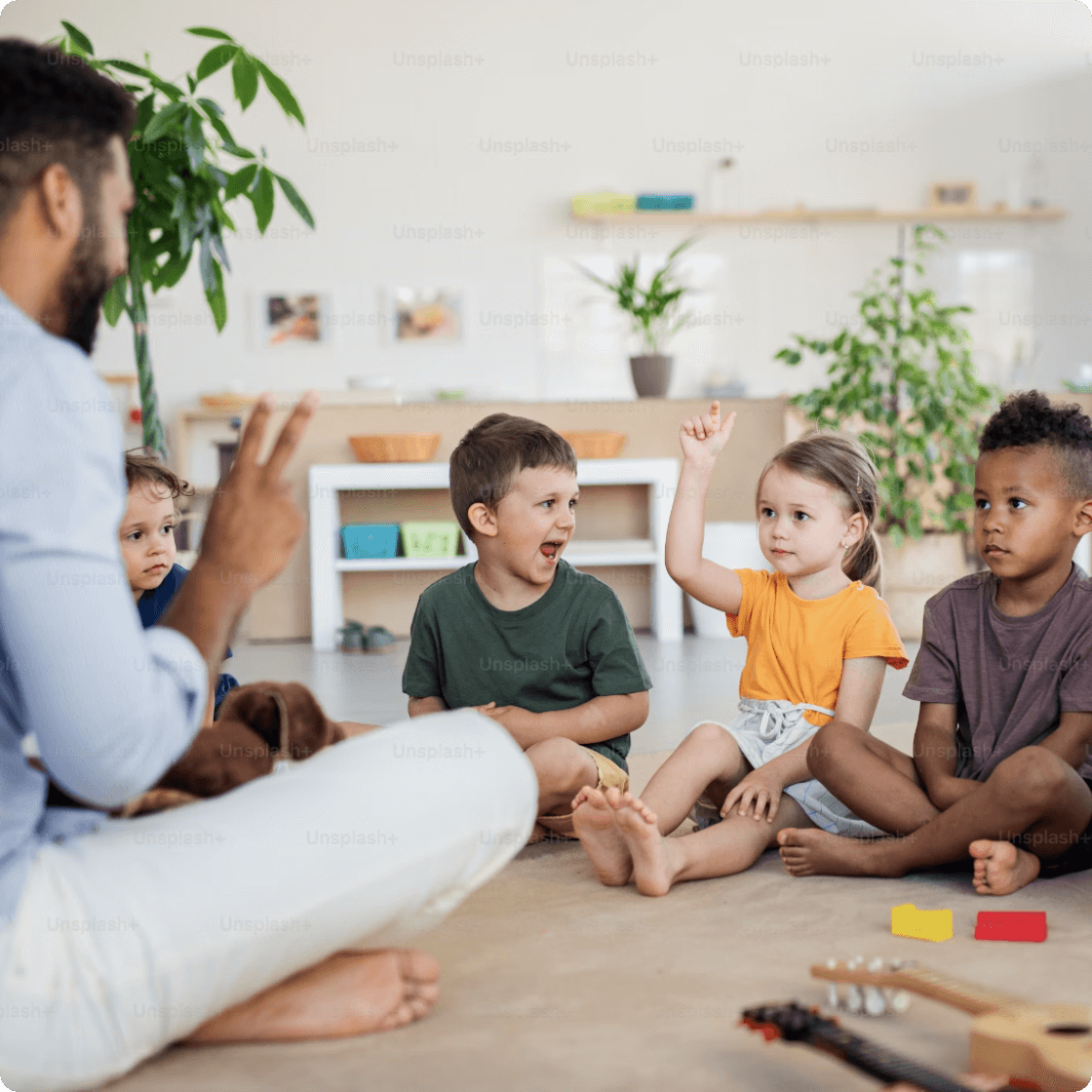Education
reimagined.
Inspiring courses for the migrant life you want to lead. Discover our fresh approach to a mind-changing educational adventure.








About the project
Just take a look at the current migration to Europe, and you’ll quickly understand that integrating migrants, especially children, into a new educational environment brings many challenges. Stepping into a new school system, often in a country with a different language and culture, can be a daunting task for these young individuals. Therefore, the Migrant Kids At School project focuses on mapping best practices and providing recommendations on how to effectively integrate these children into educational processes. The project aims to create an inclusive environment in schools that promotes equality and justice and ensures that every child has access to quality education.
Study visits
One of the main pillars of the project is study visits to various countries, which enable an understanding of local approaches and best practices in integrating and including migrant children in the school environment. During these visits, communication will take place with school principals, teachers, school counsellors, but most importantly with migrant children and their parents.
countries
communication
practices
& teachers


Results & materials
The output of the project is a report summarizing best practices and strategies identified during the study visits. This report will contain recommendations for policies in the field of migrant education and will contribute to creating a more inclusive educational environment. Additionally, the project will provide multimedia materials in migrant languages, containing information and support for parents of migrant children. Another important output of the project is recommendations for schools and teachers, offering practical tips and strategies on how to better integrate migrant children into the school environment and communicate more effectively with parents.
The Migrant kids at school project represents a significant step towards creating a more inclusive and supportive educational environment for migrant children in Europe. Its goal is not only to support education but also to promote intercultural understanding and strengthen social cohesion.
Partners
Since its inception, the Mikołaj Rej Foundation for the Support of Polish Culture and Language has been dedicated to integrating children with migration experience into the Polish education system. Together with the city council and other NGOs, it has formed the “Open Krakow Coalition,” which actively supports migrants and refugees in the city.
The European Commission support for the production of this publication does not constitute an endorsement of the contents which reflects the views only of the authors, and the Commission cannot be held responsible for any use which may be made of the information contained therein.
SU-ASEA is a dynamic non-profit organization dedicated to social inclusion and youth empowerment with fewer opportunities. Its main goal is to provide intercultural education and support for migrants and refugees through projects focusing on education, arts, and entrepreneurship, aiming not only for integration but also for active engagement of young people in society. SU-ASEA seeks innovative ways to support youth in various areas, from combating racism and xenophobia to promoting gender equality and skills development. With a focus on sustainability and social responsibility, it becomes a significant player in migration policy and youth support in the Netherlands.
Spolek PELICAN is emerging as a key player in innovative education and cultural enrichment in the Czech Republic. Its main objective is to support modern trends in education at all levels and types of schools. It collaborates with non-profit organizations at the local, regional, and national levels to provide quality products, programs, and professional services. With a rich history of European projects, training, and cooperation with other NGOs, PELICAN actively engages in migrant integration, promotes intercultural understanding, and develops education.
CEIPES operates at multiple levels of the education system, connecting with a wide range of organizations and institutions, focusing on education innovation and the development of participatory tools for working with youth and adults. Locally, it coordinates a network in Sicily, while at the European and international levels, it collaborates with more than 50 partners. The aim is to promote social cohesion and the active participation of individuals in their personal and collective development through innovative projects and educational initiatives.
CARDET is a leading independent research and education center in Cyprus and a significant player in the Euro-Mediterranean region, focusing on harnessing the potential of education as a major driver in shaping a better world. We design, develop, and implement innovative, evidence-based approaches and resources to strengthen the competencies of individuals and communities to help alleviate social challenges.